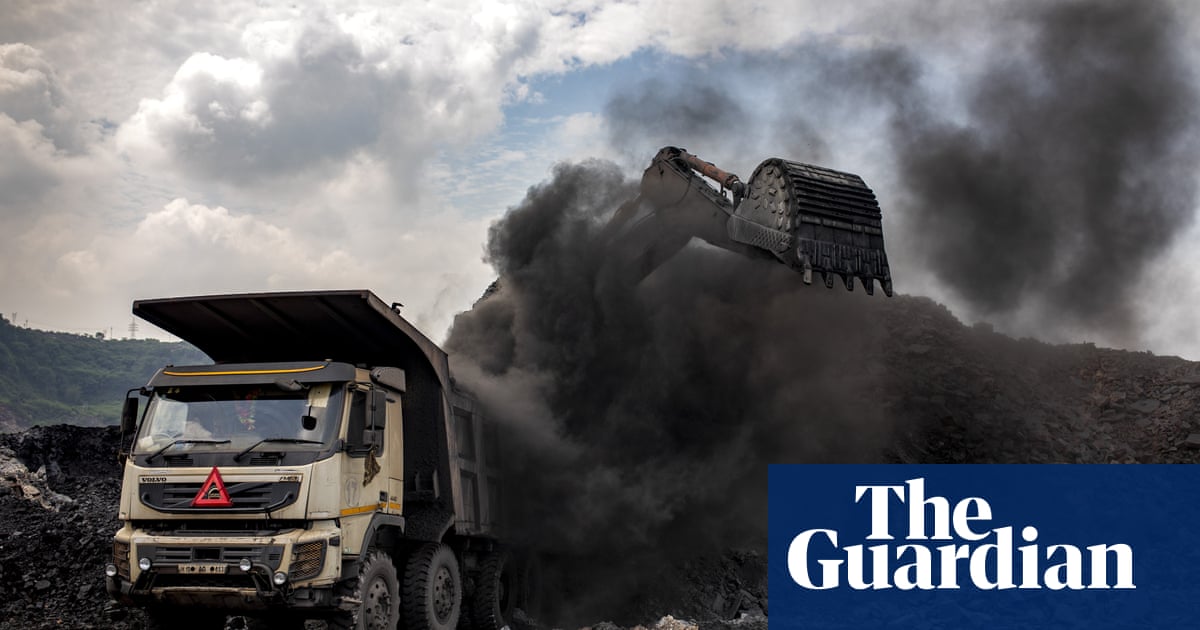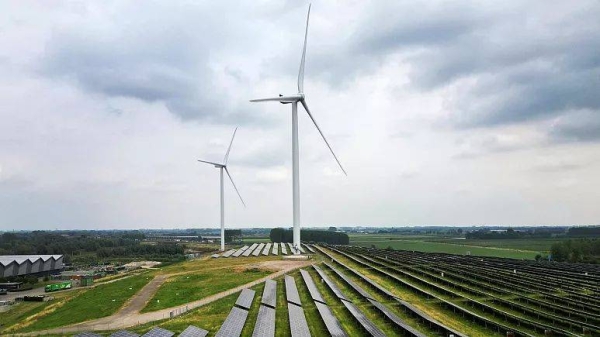
“One bank after another is making solemn promises to become ‘net zero by 2050’,” said Johan Frijns, at BankTrack, part of the coalition behind the report. “But there exists no pathway towards this laudable goal that does not require dealing with bank finance for the fossil fuel industry right here and now.”
“Banks provide the financial oxygen that allows the fossil fuel industry to breathe,” said Mark Campanale, at financial thinktank Carbon Tracker, which was not involved in the report. “It reveals the shocking fact that lending has grown since the Paris Agreement, [which] should concern everyone, not least policymakers and shareholders of the banks themselves.
“The cost of carbon in terms of extreme weather events, lost lives and livelihoods will be borne by society and sadly not the banks, nor the fossil fuel companies,” said Campanale. “Next time the banks come looking to taxpayers for a bailout, they shouldn’t be surprised to find backs are turned.”
The report was produced by six NGOs and is endorsed by over 300 organisations from 50 countries. It used Bloomberg data to analyse both direct loans by banks to fossil fuel companies and funding from other investors that the banks arrange via bond and debt sales.
“A surprising result from the 2020 data is that BNP Paribas, a bank that never loses an opportunity to boast of its clean, green credentials, and those of its US subsidiary Bank of the West, came in as the fourth-worst fossil bank in 2020,” the report said, with the $41bn provided by far the biggest sum in last five years.
BNP Paribas has some of the strongest policies on unconventional oil and gas, such as fracking and tar sands, Kirsch said: “But it’s a relatively small part of their overall funding and the bank hasn’t reined in its financing to the oil and gas supermajors, which get really big deals.”
A spokesperson for BNP Paribas said the report has ranked the bank second for the strength of its restrictions on financing coal, fracking and tar sands. “During the Covid-19 crisis, all sectors of the economy needed support and BNP Paribas, like other banks, played an important stabilising role for the economy. However, BNP Paribas supported the oil and gas sector to a lower extent than other sectors of activity.”
JPMorgan Chase launched a “Paris-aligned financing strategy” in October, pledging to set intermediate emission targets for 2030 for its financing portfolio. It declined to comment on the report. Barclays and Citi did not respond to requests for comment.
A separate report last Thursday from the International Energy Agency and Imperial College London found that investments in renewable energy have seen a 367% greater return than fossil fuels since 2010.












